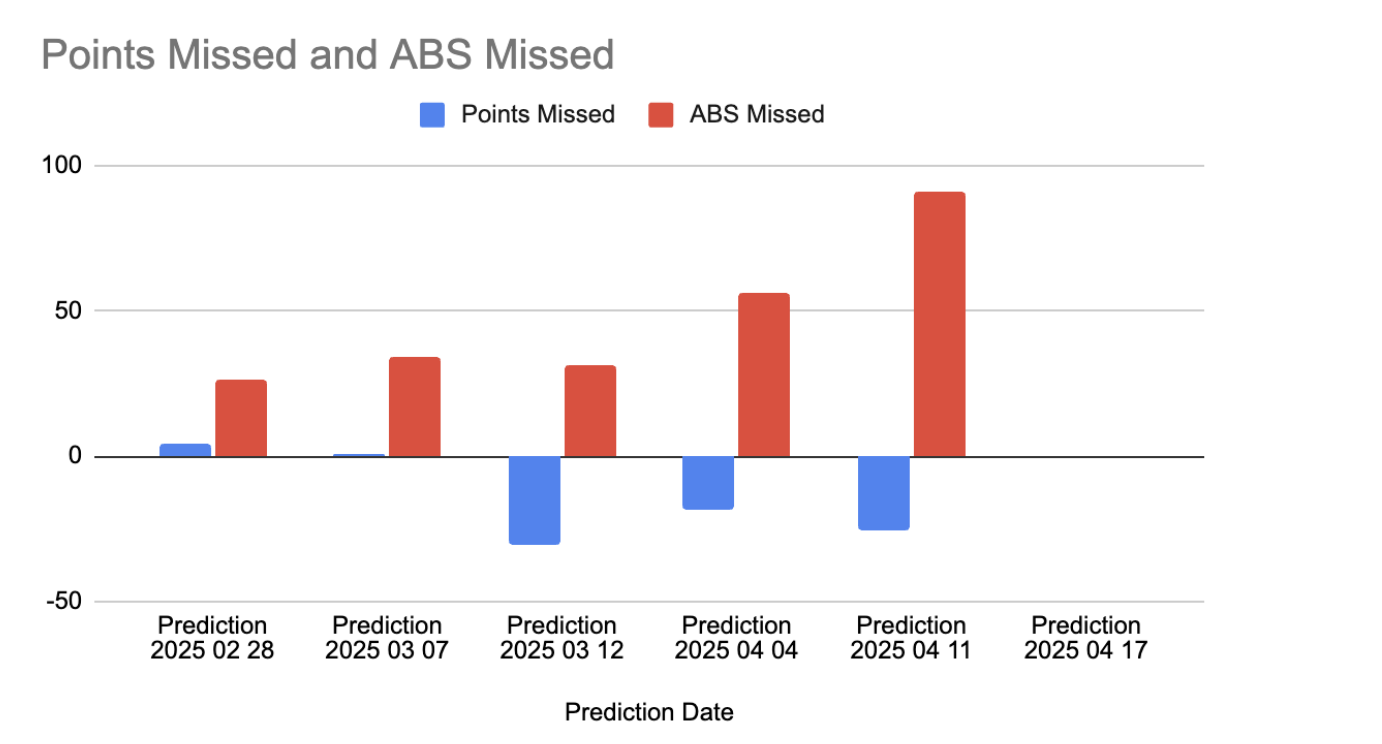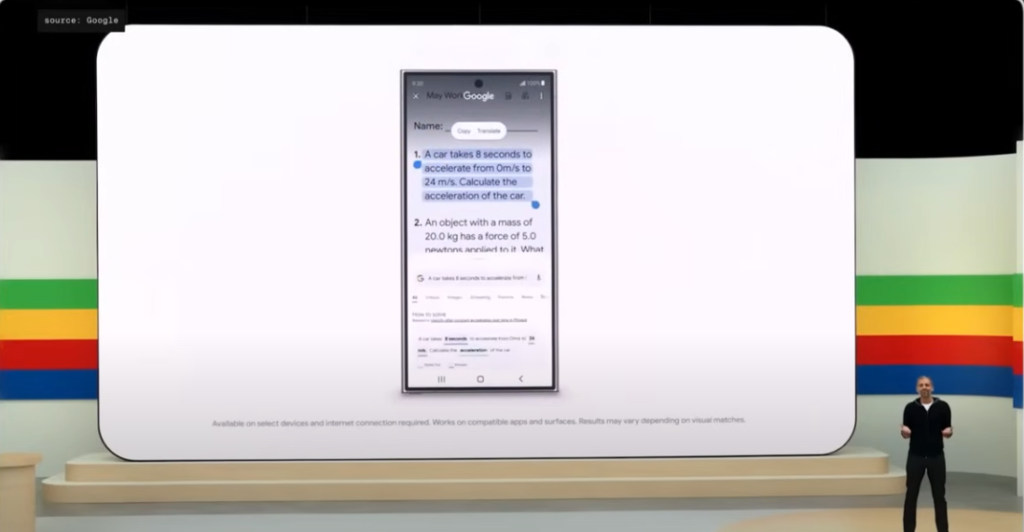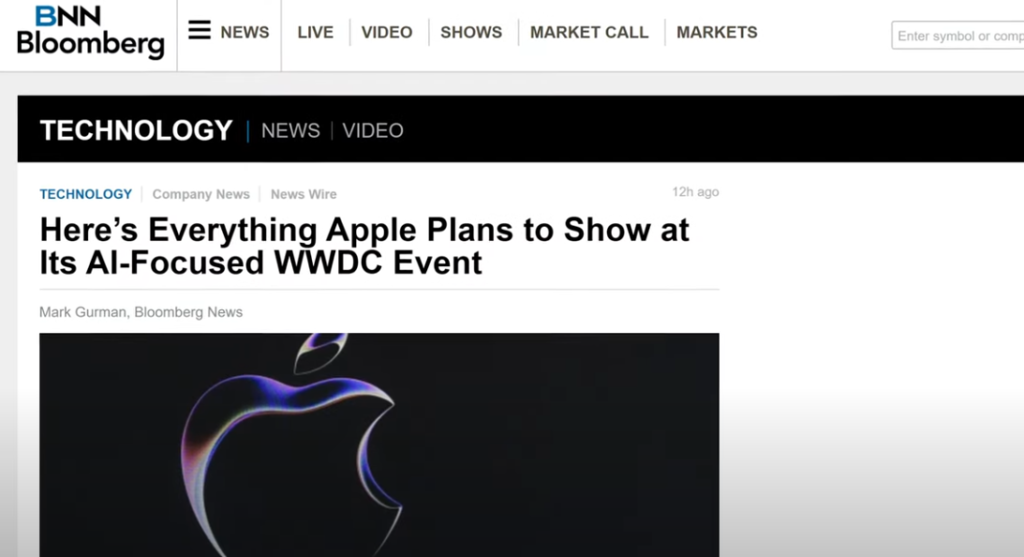
This is a collection of work I have done across the year.
- Remembrance day poppy
- Christmas Mailchimp
- Halloween Party Mailchimp
- Tech news
Remembrance day poppy

Lest we forget — a symbol of sacrifice, peace, and remembrance
Photoshop: Mikal Bridges in the Garden

Mailchimp:
Tech news:

The article explores the growing reliance on digital tools and artificial intelligence (AI) to manage cognitive tasks, arguing that while these technologies can enhance our abilities, they also pose a risk to our independent thinking. The author discusses the concept of the “extended mind,” where our cognition is no longer confined to our brains, but instead intertwined with our devices. While tools like spell-check, GPS, and AI chatbots make life more efficient, studies suggest that excessive dependence on them can lead to declining critical thinking skills and cognitive atrophy. This raises an important question: What mental faculties are too valuable to outsource? The piece highlights the tension between technological convenience and cognitive integrity, emphasizing the need to strike a balance between leveraging AI for efficiency and preserving our ability to think deeply and independently.
The argument that technology is reshaping our cognitive abilities is both compelling and concerning. While humans have always used tools to enhance thinking—whether through written language or calculators—the pace and depth of modern outsourcing to AI is unprecedented. What makes this shift particularly alarming is that it is happening largely without conscious reflection. The fear isn’t just about “brain rot” or losing memory skills; it’s about losing the ability to engage with complex problems and develop original insights. If we continue to delegate critical thinking to AI without questioning its outputs, we risk becoming passive consumers of information rather than active participants in knowledge creation. That said, avoiding AI altogether isn’t the answer. The key is intentionality—knowing when to use technology as a complement to thinking rather than a replacement for it. Like any powerful tool, AI should empower us, not diminish our mental agency.
The article explores the resurgence of techno-optimism, a belief that rapid technological advancement will drive human progress, particularly championed by Silicon Valley elites like Sam Altman, Marc Andreessen, and Elon Musk. However, it critiques the left for failing to present its own vision of technological progress. Historically, leftist movements embraced innovation as a means of liberation, but modern progressives often express skepticism toward advancements like AI, genetic engineering, and space exploration. The author argues that the left should reclaim its past enthusiasm for technology and advocate for publicly-led, democratically-controlled advancements that serve collective well-being rather than market-driven interests. Instead of opposing technological change outright, the left should push for strategic investments in areas like AI-driven scientific discovery, decarbonization, and space exploration, ensuring that innovation benefits all of humanity rather than being monopolized by private entities.
The article makes a compelling case that the left has largely abandoned its historic role as a champion of technological progress. While skepticism of profit-driven innovation is understandable—given concerns over corporate greed, environmental impact, and AI-driven inequality—the outright rejection of technological ambition risks ceding the future to billionaire-led initiatives. The pandemic proved that state intervention can drive groundbreaking advancements, yet much of the modern left appears hesitant to embrace similar large-scale projects. The challenge isn’t whether technology should advance, but who controls it and for whose benefit. Rather than merely critiquing tech billionaires, progressive movements could redefine innovation on their own terms—prioritizing public investment, ethical AI development, and equitable global access to emerging technologies. In an era where markets alone cannot address existential crises like climate change and pandemics, a proactive, state-led approach to technological progress may be the most pragmatic and forward-thinking path forward.

The article reports a major stock market downturn that saw America’s seven biggest technology companies—Apple, Microsoft, Tesla, Nvidia, Alphabet (Google), Amazon, and Meta—lose a combined $750 billion in market value. Apple alone suffered a staggering $174 billion loss, while Tesla experienced a 15% drop, marking its worst performance since 2020. The decline was driven by concerns over new trade tariffs, which could increase costs for companies relying on overseas manufacturing. Semiconductor stocks, including Nvidia and Micron Technology, were particularly hard hit due to their dependence on global supply chains. The broader tech sector, represented by the Nasdaq, also recorded its steepest drop since 2022. The article highlights the vulnerability of even the most dominant tech companies to geopolitical and economic shifts.
This market crash underscores how interconnected the global economy is and how even the largest tech giants are not immune to policy changes. The impact of trade tariffs on semiconductor stocks is particularly significant, as these components are essential to everything from AI advancements to consumer electronics. While some may see this downturn as a temporary market correction, it also raises questions about long-term strategies for companies that rely heavily on offshore production. Could this push for more domestic manufacturing, or will companies find new ways to offset rising costs? Moreover, for investors, this serves as a reminder that tech stocks—despite their long-term dominance—are still susceptible to external shocks. The challenge now is how these companies will adapt to an evolving economic landscape where trade policies can dictate their financial stability.









